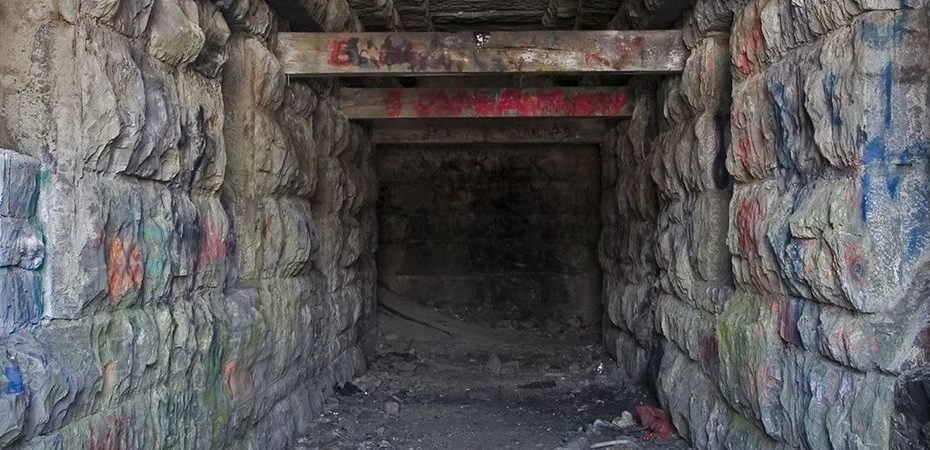Ontario is in a mining boom due to the urgent need to wean ourselves off fossil fuels. A transition towards renewable – also known as green – energy is essential to lessen the impacts of climate change. But so-called green energy has its own environmental and social costs which can’t be overlooked. Renewable energy requires mining for “critical minerals”, many of which are found in northern Ontario. That’s why a group of environmental advocates, including Ontario Nature, support five key principles for a truly green and socially just energy transition.
These principles speak to my personal values and life experience. Growing up in Ontario’s uranium boomtown gave me a powerful lesson on the impacts of the mining sector. The mines were why the town of Elliot Lake, west of Sudbury, was founded in the 1950s. Our parents and grandparents worked at the mines. The mining companies sponsored summer barbecue days at the lake and Christmas parties at the legion. After the Cold War, the prevailing sentiment was that the town would prosper with the development of nuclear power plants feeding the province’s electricity grid.
Former mine entrance © Brian Killmore CC BY 2.0
The mines also had a dark side. We would climb the local fire tower to marvel at the turquoise and crimson waters of the wetlands downstream of the tailings ponds. Most townspeople had no idea that nearby Serpent River First Nation bore the brunt of the mines’ environmental impacts (while receiving few of its economic benefits). Neighbours died in their 50s from illnesses likely caused by working underground. Alcoholism was rife. Five different kids my age committed suicide before they finished high school.
Then in the early 90s, a vibrant town of 12,000 people was suddenly decimated when global economic forces meant it was no longer profitable for international corporations to keep the mines open. My dad, and many of my friends’ dads, lost their good mining jobs just as we were heading off to university. Families lost their savings and a diaspora in search of jobs took place.
Marmoratron iron mine © Community Archives CC 0.0
This tired story has been repeated over and over across the province for a century. Ontario has had enough experience getting mining wrong. Now is an opportunity to get it right. Here’s how:
Maximize efficiency to reduce overall demand and make the most of the resources we use. Does anyone remember the mantra of “reduce, reuse, THEN recycle?” The first two “r’s” seem to be forgotten, perhaps because they don’t make interesting headlines – or money. Before pulling new minerals out of the earth, we need effective ways to use less.
Make our economy circular to meet human needs without exceeding the planet’s limits by focusing on efficient processes and services, rather than consumption.
Pay attention to broader cumulative effects. Digging up the resources needed for a green transition shouldn’t cause more harm to the planet by releasing stored carbon or preventing the ability to achieve the biodiversity target of protecting 30% of our lands and waters by 2030.
Demand environmental justice for those directly affected by mining. The story of the legacy of impacts from shuttered mines in Ontario repeats itself, such as in the town of Atikokan in northwestern Ontario.
Require Indigenous co-governance. First Nations across the province are making it clear that they want mining on their lands done on their terms. From the Free Grassy rallies last year to current lawsuits to a recent resolution by the Chiefs of Ontario on mining, it’s clear that free, prior, and informed consent from Indigenous communities is non-negotiable.
Niagara Escarpment open pit mine © Sighthound CC BY 2.0
One hundred-year-old mining laws are not going to guide careful development of mineral resources. Ontario needs a modern approach to deciding when and where mineral development makes sense for everyone’s benefit, including the planet’s. You can learn more by reading the principles for a green energy transition.
Resources
The post A “Green” Transition Doesn’t Need to Cost Communities and the Planet appeared first on Ontario Nature.
